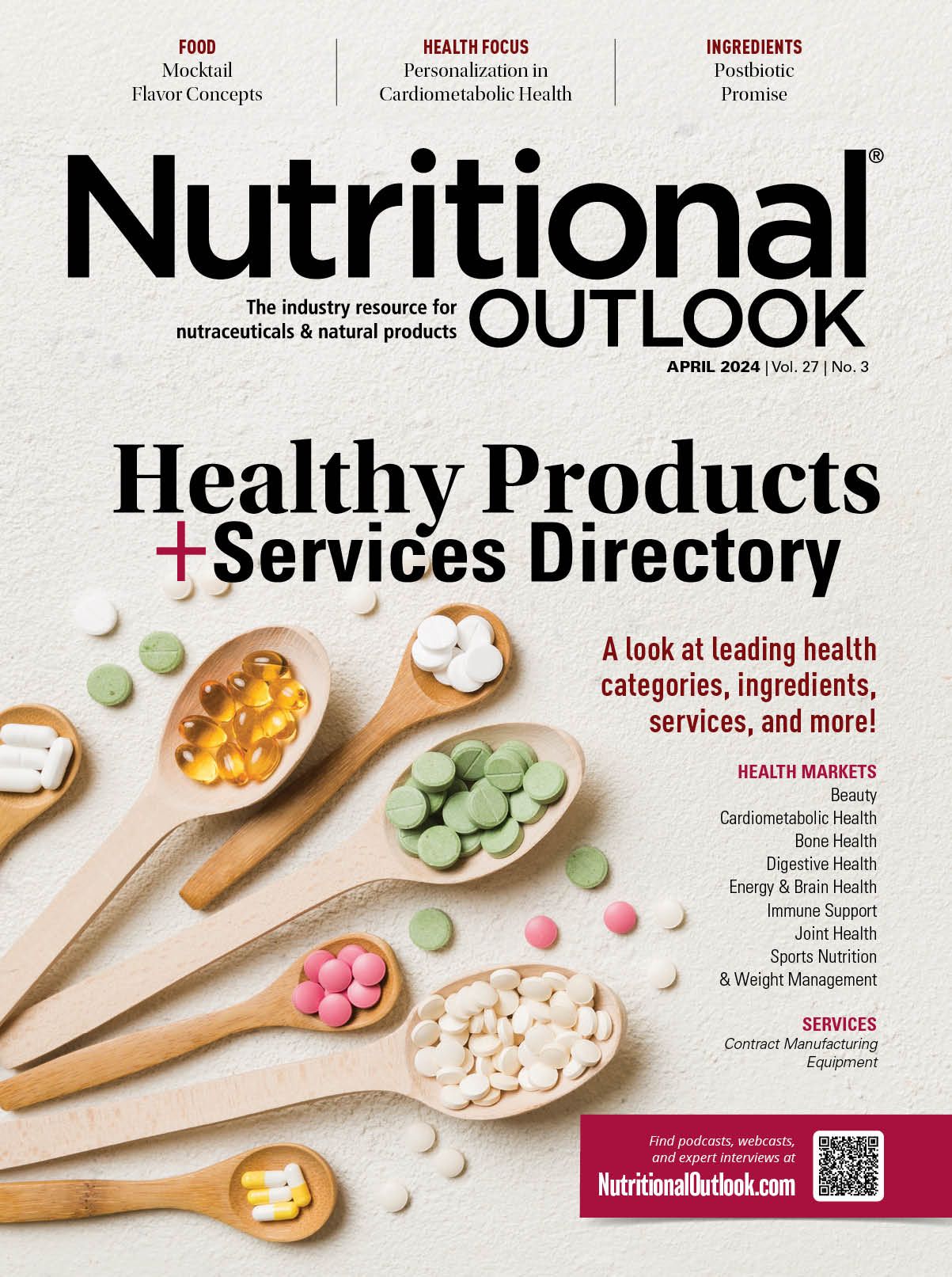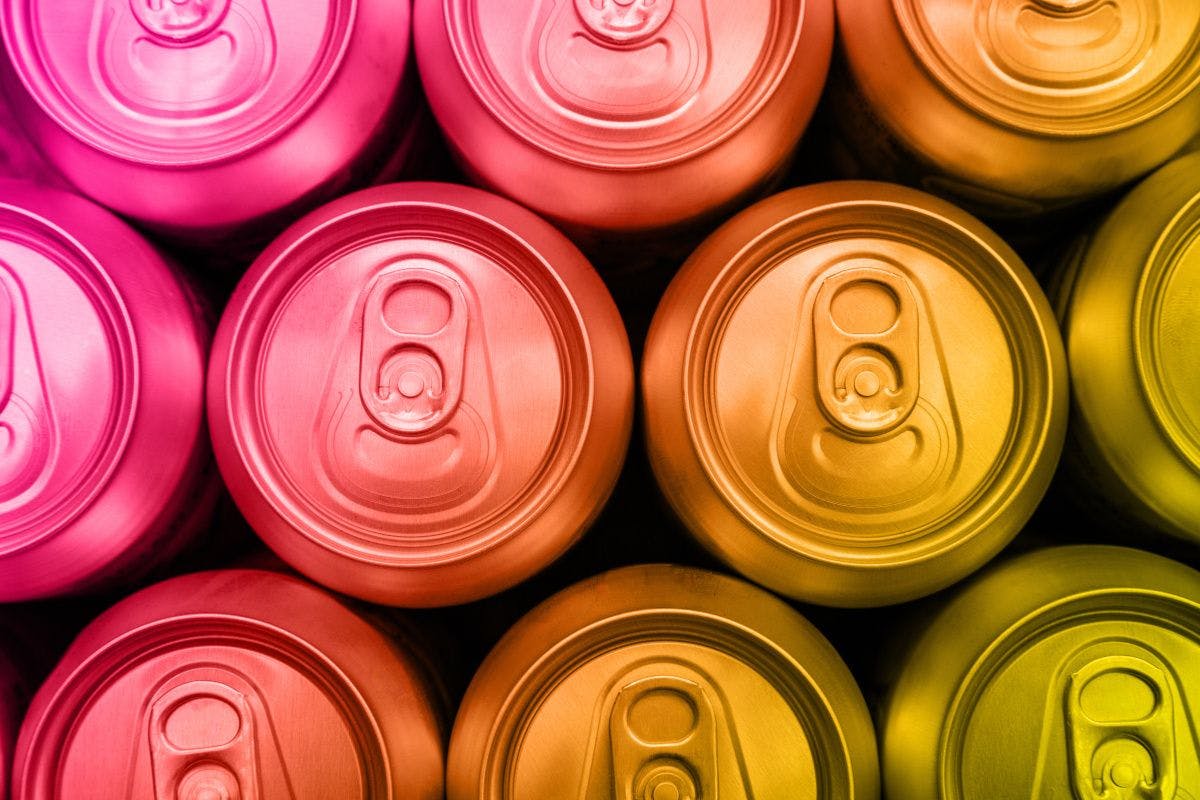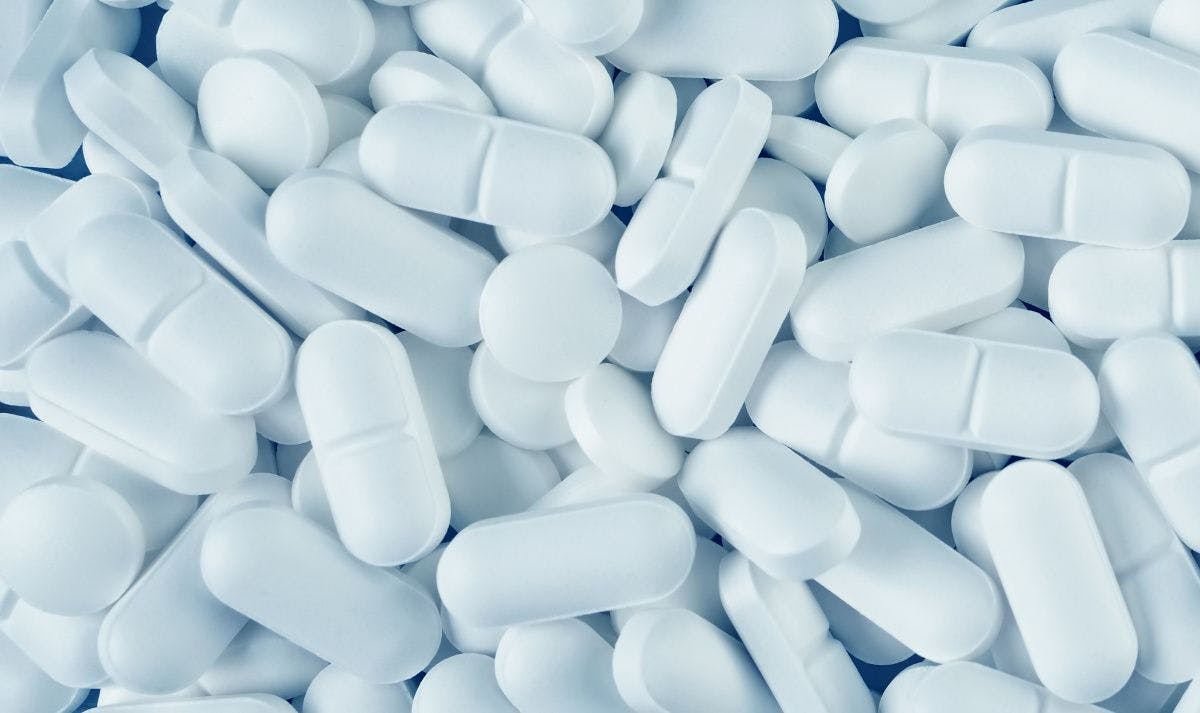Immune health still matters
The immune health category remains relevant and thriving.
Photo © AdobeStock.com/Chor muang

Life has more or less gone back to normal following the COVID-19 pandemic, which brought with it huge interest and sales growth in immune-supporting dietary supplements. The development of the vaccine, and subsequent easing of restrictions and masking have reduced the need to immune health products compared to the peak of the pandemic, but the category is still among the top selling of the mainstream multi-outlet and natural channels, with $1.2 billion and $84 million, respectively (Based on data from SPINS, the 52 weeks ending December 3, 2023). While the pandemic no longer poses the same level of danger, consumers are still hyper aware of the need for immune support, and have a fear of falling ill that is informed by the pandemic.
Market research from the Brightfield Group1 indicates that the consumers most focused on immune health are urban Millennials. This is likely because many of them have kids at home spreading illnesses contracted at school or friends’ homes, and because hybrid work schedules have brough them back to the office, where they are also aware of the potential of contracting illnesses. Brightfield states that these consumers are also proactive about their health, and are using supplements to reduce the risk of getting illness rather than using them for acute care. On top of this, these consumers are largely stressed out due to home and work responsibilities, further impacting their immune health and therefore need for supportive products.
Established immune health ingredients such as vitamin C, vitamin D, and zinc still see a lot of demand, says Brightfield Group, and in Q3 of 2023 the market researcher has observed asignificant growth in sales for zinc, vitamin D, and ginger by 23%, 26%, and 43%, respectively. This makes sense as it coincides with cold and flu season, but overall, minus minor fluctuations, sales for these ingredients has been largely consistent. While cold and flu season is still a thing, COVID and other respiratory diseases are still happening throughout the year. Consumers are aware of the potential and looking for ways to avoid getting sick all year long.
For example, Elan Sudberg, CEO of Alkemist Labs tells Nutritional Outlook that one ingredient that is consistently making it on the company’s quarterly list of Herbs to Watch is elderberry. This means that elderberry ingredients coming through Alkemist Labs are consistently failing testing parameters. Sudberg says these failures largely have to do with quality, like “diluted material, things being cut with maltodextrin or…whatever filler.” He explains that these failures may also be indicative of being picked too soon and dried too hot, negatively impacting the material. Sudberg also notes that some immune botanicals being sold may contain materials from the wrong species that may not be detected early in the supply chain, and ultimately gets caught by Alkemist Labs.
The fact that herbs like elderberry are seeing a lot of failure indicates that demand remains high and unscrupulous suppliers are cutting corners to meet demand. Adulteration of elderberry became particularly problematic during the pandemic, when prices soared and bad players started selling adulterated material for cheaper prices. Suppliers such as Artemis International and labs like Alkemist sounded the alarm2 to inform industry. Alkemist labs even reported that fraudulent Certificates of Analysis carrying its logo were being used to defraud manufacturers.3 A study published in 2021 by HerbalGram found that out of 532 samples, 58, or about 10.9% were adulterated. Black rice extract was identified as an adulterant in that study.4
Manufacturers should therefore remain vigilant about popular herbs marketed for immune health, and always perform due diligence prior to purchase of raw materials. According to Brightfield Group, social media trends also point to growing interest in herbs such as moringa and amla, as well as the algae spirulina for their immune support benefits. And when it comes to dosage format, consumers looking for immune support are most likely to turn to functional beverages, says Brightfield Group, whose research indicates that consumers in the immune need state were often twice as likely to purchase a beverage product compared to the total sample. Therefore, immune health ingredients and their respective claims can really bolster sales, particularly as consumers see the value of supporting their immune health year-round.
References
- Wellness Trends to Watch, Stronger & Healthier: Trends in American Health into 2024. Brightfield Group. January 3, 2024. https://blog.brightfieldgroup.com/immunity-trends-for-2024-insights-and-opportunities (accessed 2024-04-01).
- Krawiec, S. Artemis International doubles down on exposing adulteration of elderberry extracts. Nutritional Outlook. July 6, 2020. https://www.nutritionaloutlook.com/view/artemis-international-doubles-down-on-exposing-adulteration-of-elderberry-extracts (accessed 2024-04-01).
- Krawiec, S. Alkemist Labs warns industry of falsified certificates of analysis being circulated. Nutritional Outlook. May 18, 2020. https://www.nutritionaloutlook.com/view/alkemist-labs-warns-industry-falsified-certificates-analysis-being-circulated (accessed 2024-04-01).
- Gafner, S.; Borchnardt, T., Bush, M.; Sudberg, S.;Feuillère, N.G.;Tenon, M.Y.R.; Jolibois, J.H.; Bellenger, P.J.N.; You, H.; Adams, R.E.; Stewart, J.; Dogan, I.; Murray, T.; Erickson, D. Elder Berry Adulteration. HerbalGram. 2021, 18 (3) https://www.herbalgram.org/resources/herbalegram/volumes/volume-18/issue-3-march/news-and-features/elder-berry-adulteration/

Prinova acquires Aplinova to further increase its footprint in Latin America
April 7th 2025Prinova has recently announced the acquisition of Brazilian ingredients distributor Aplinova, which is a provider of specialty ingredients for a range of market segments that include food, beverage, supplements, and personal care.




















